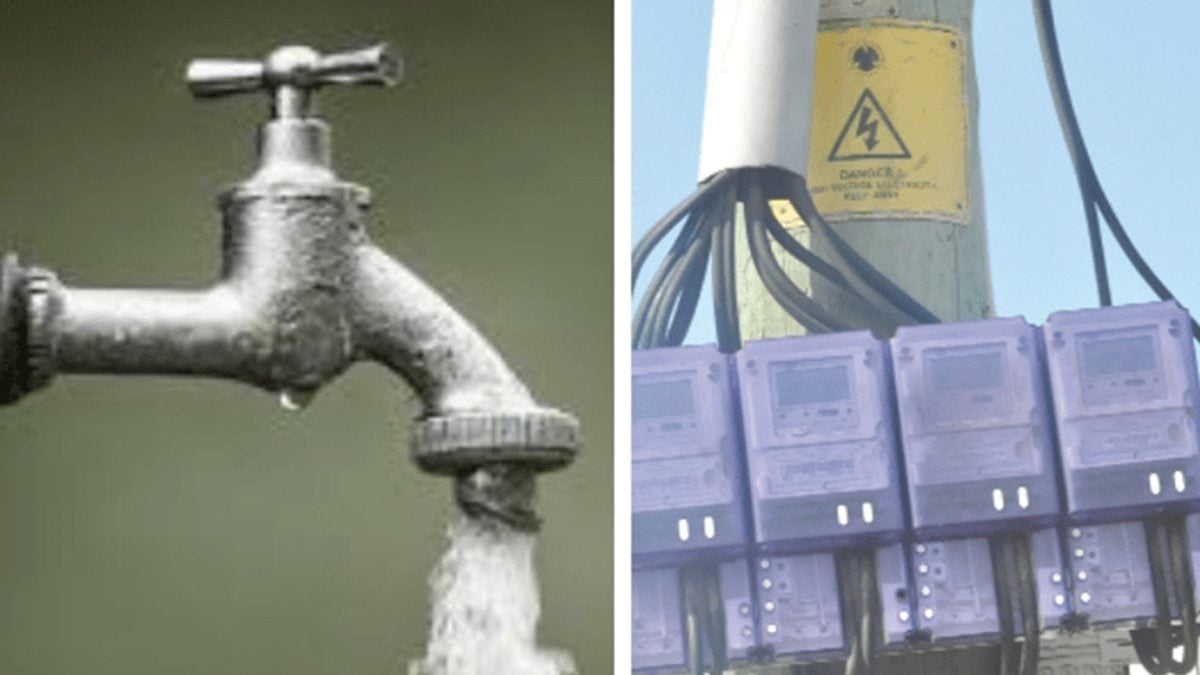
HOW prepared are we as a nation in case of major earthquake? We are asking this question not to create fear and panic in people but to lay the matter bare so that it will be given prominence in our national discourse and resource commitment to disaster prevention and management.
We have had to struggle to deal with "lesser disasters" amidst complaints of inadequate resources for the National Disaster Management Organisation to swiftly respond to disasters in the country to protect loss of life and damage to property.
The Ghana Geological Survey Authority (GGSA) has warned of imminent earthquake following earth tremor experienced on Sunday in some parts of Weija and Gbawe in the Greater Accra Region.
According to the authorities, they are still gathering data from their seismological observatory stations to give definite details about what happened on Sunday.
Although Ghana is far away from major earthquake zones of the World, it is still prone to earthquake disaster.
Ghana has a history of earthquake dating back to 1615. Subsequently, we had series of earthquakes in 1636 at Axim in the Western Region, 1862, 1907, with the worst occurrence in 1939 that resulted in a lot of damage and loss of lives and property in Accra.
We still continue to experience earth tremors with the latest one occurring on Sunday at Weija and Gbawe. This suggests that earthquake is close to us than we have ever thought.
Perhaps, we have all seen worse images of destructive earthquakes in other parts of the World and how they struggled to cope with the situation. We should put ourselves in their shoes and get adequately prepared for any eventuality.
Research have shown that most of the earthquakes in Ghana occur in the western part of Ghana at the junction of the two major fault systems namely the Coastal boundary fault and Akwapim fault, and the most prone zones are located in south of Weija.
So, therefore, we need to take the work of the GGSA seriously and resource their seismological observatories in their observation and interpretation of earthquakes and improve their mechanism for analysing the data to inform policy decision.
We believe in the capacity of the GGSA to help the country to adequately prepare for the worse in terms of the possible occurrence of earthquake of large magnitude.
We also wish to draw attention to our engineering infrastructure. Our engineers should be up to the task in their designs to meet the requisite standards.
Warnings to prospective developers to stay away from disaster zones continue to be disregarded.
We implore the stakeholders in the built environment, especially the regulatory institutions like the Metropolitan, Municipal and District Assemblies to come hard on haphazard siting of buildings in disaster prone areas.
We should be more proactive than reactive, given that we are often caught with our pants down when we are confronted with disasters.
Let us put our acts together to adequately prepare to prevent disasters and manage them when they defy our preventive mechanisms.
Read Full Story











Facebook
Twitter
Pinterest
Instagram
Google+
YouTube
LinkedIn
RSS